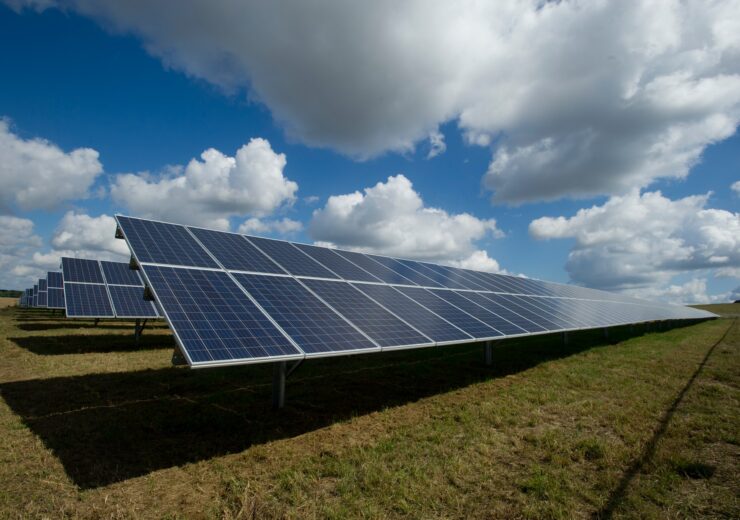The power purchase will help Facebook in powering its operations in the region with 100% renewable energy

DESRI secures PPAs for two solar plants in Iowa. (Credit: Unsplash/American Public Power Association.)
D E Shaw Renewable Investments (DESRI) has signed power purchase agreements (PPAs) with Facebook and PacifiCorp’s subsidiary Rocky Mountain Power to supply 155MW of solar power.
As per the PPAs, DESRI will supply power from its 80MW Rocket solar facility in Box Elder County and the 75MW Horseshoe solar facility in Tooele County, Utah.
As per DESRI, the solar power is expected to help Facebook in meeting its goal to power its operations in the region with 100% renewable energy and reduce its greenhouse gas emission by 75%.
DESRI chief development officer Hy Martin said: “The DESRI team is thrilled to expand our strong working relationships with Facebook and PacifiCorp to deliver cost-effective renewable power to Utah.
“These projects will create jobs, tax revenue, and other local economic development in communities across the state as Utah becomes a leader in the clean energy economy.”
The two solar projects will create up to 200 jobs during construction
The two solar projects, which are owned and being developed by DESRI, are expected to be operational in 2022.
The projects are expected to create up to 200 temporary jobs during their construction phase.
PacifiCorp project development vice president Ryan McGraw said: “We’re very proud to partner with DESRI to help meet the renewable energy needs of Facebook. These projects represent important economic investments in rural Utah which will significantly increase the amount of solar energy produced by the state.”
Currently, DESRI has a 2.4GW renewable energy portfolio that includes 41 wind and solar projects.
In June this year, the company announced financial closing for its 80MW Sigurd solar project to be located in Sevier County, Utah.
Construction on the solar project, which is expected to create more than 300 jobs, began late last year.
The Sigurd project is expected to generate enough clean energy to power approximately 18,500 homes annually.
